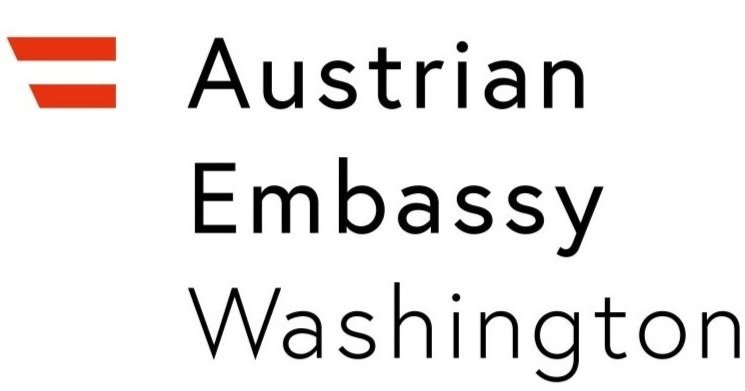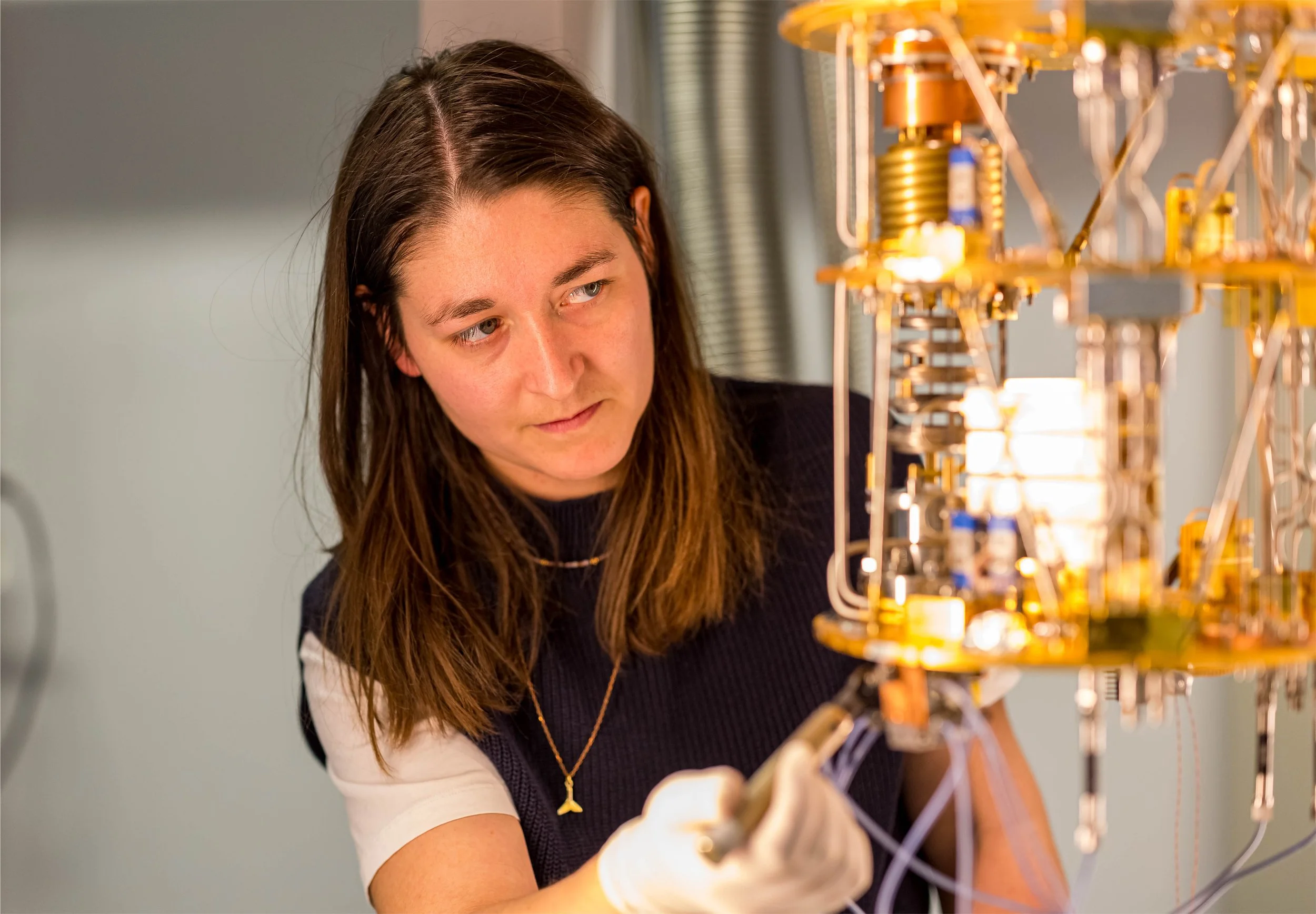Empowering Women in Quantum Science: The atom*innen Network
Despite numerous successful initiatives to promote gender equality in STEM fields (science, technology, engineering and mathematics), much remains to be done, especially in physics. In Austria, the representation of women in this field is notably low. The Statistical Office of the European Union (Eurostat) reports that in 2022, only 27% of physics bachelor's students in Austria were female, and that this proportion decreased to 21% at the master's level. While the number of female bachelor's students has increased over time, the numbers at master's and doctoral level have remained consistently stable. Moreover, the proportion of women narrows at each career stage, with only ~12% of physics professors at Austrian universities being women.
Many initiatives are tackling this leaky pipeline. Austrian universities and research institutions run programs to support women's careers, while the Austrian Physical Society's Equal Opportunities Group leads efforts to advance gender equality in physics.
Beside institutional efforts, a scientist-led project on gender inclusion in quantum physics launched in 2024: atom*innen, an interactive, bottom-up platform hosted by the Innsbruck Institute for Quantum Optics and Quantum Information (IQOQI) of the Austrian Academy of Sciences, serves as a central international hub for women and marginalized genders in the field. The platform cooperates with Austrian Universities as well as with the Cluster of Excellence Quantum Science Austria (quantA), and is led by the renowned quantum physicist Prof. Francesca Ferlaino. The name "atom*innen" is a play on the German word "Atom" and the gender-inclusive suffix "*innen", symbolizing inclusivity and a focus on female physicists. Built on four key pillars – INFORM, SUPPORT, EMPOWER, and CONNECT – the platform provides a dynamic space for women to share experiences, seek advice, and collaborate.
Desislava Atanasova
Photo: IQOQI | D. Jordan
First, the platform aims to make visible the gender imbalance in physics and to explore the factors that contribute to it: Studies have shown that women continue to face significant, often invisible, barriers at every stage of their scientific careers. These obstacles range from implicit bias and structural disadvantages to unequal access to funding and leadership positions. The male-dominated culture of the field makes it difficult for women to be acknowledged as equal members of the community: The low proportion of women is reflected not only in scientific leadership positions, but also in plenaries, awards, last authorship, and more. The high career demands, such as constant availability or willingness to work at weekends, are further reasons for maintaining the vertical segregation of women in physics, who in general do more unpaid care work than men.
The atom*innen platform addresses these issues in the INFORM pillar by providing a comprehensive database on gender equality in physics, storing and visualizing key data and making important information on the status quo easily accessible. At the same time, atom*innen recognizes the importance of generating further data: A survey on the platform serves to collect the opinions and experiences of users themselves on the topic of inclusion in physics. This will help to improve existing gender equality tools and develop new ones.
A recent study found that women in physics are often denied access to important networks and that men are less likely to mentor women. In response to these challenges, atom*innen aims to provide as much practical information as possible. The SUPPORT pillar therefore offers an extensive overview of associations, funding opportunities, grants, fellowships, prizes and job or internship opportunities specifically for women in physics.
One of the most persistent challenges in physics is the lack of visible role models. The absence of women in prominent positions makes it difficult for aspiring female scientists to identify with others. As a result, many women do not even consider pursuing a career in physics. To counter this atom*innen's EMPOWER pillar features a virtual gallery of inspiring women who have shaped – and continue to shape – the field of physics. The goal is twofold: to highlight the great female figures of the past, who are too often overlooked in the historical narrative of physics; and to provide relatable examples of women achieving excellence in their day-to-day work, breaking down the stereotype that women must sacrifice their personal lives to succeed in science. Furthermore, users of the platform can choose to be publicly visible and create a profile, making it easy to find and contact female speakers based on their field they work in and their current position. This helps to counter the still common argument that it is "difficult" to find suitable female experts.
Eva Casotti
Photo: IQOQI | D. Jordan
Finally, the CONNECT pillar allows women in quantum physics to become an active part of the community, adding content, engaging with each other and promoting events. Through networking opportunities, atom*innen seeks to transform the often isolating experience of being a woman in physics into one of solidarity and community. To raise public awareness on gender-related issues in physics, atom*innen is also active on social media platforms such as LinkedIn, Bluesky, and Instagram.
In recognition of her outstanding efforts in initiating this project, Prof. Francesca Ferlaino was honored with the Austrian Grete Rehor National Award in 2023. Currently, the platform has over one hundred registered users and continues to grow under the guidance of an international scientific advisory board. While new content is constantly being added, the platform is also presented at various networking events. Future initiatives include the development of tailor-made workshops to encourage more girls and women to pursue careers in quantum physics. Ultimately, atom*innen invites everyone to see physics as a collective endeavor and to advocate for greater inclusion that benefits us all.
Teresa Hoenigl-Decrinis
Photo: IQOQI | D. Jordan




